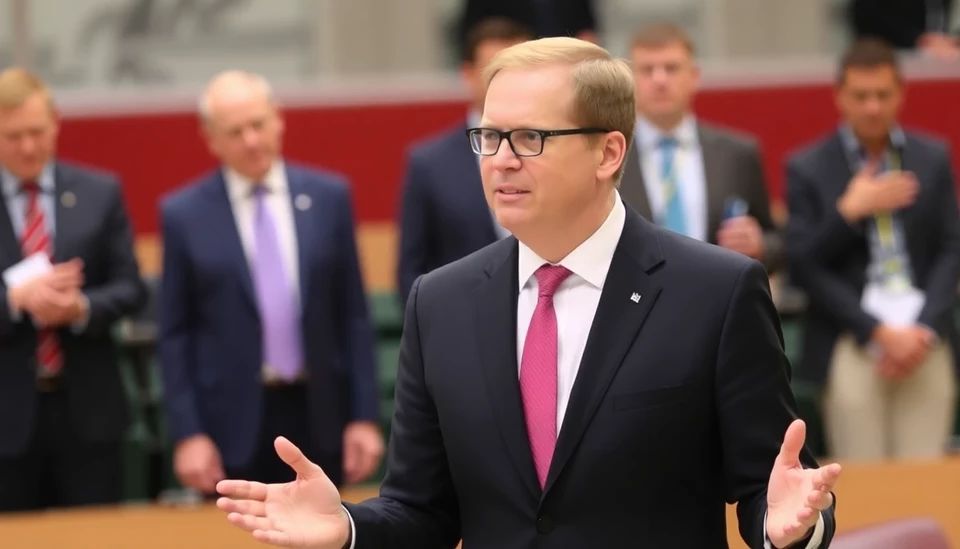
The political landscape in Germany is witnessing significant turmoil as Chancellor Olaf Scholz grapples with the mounting frustration among voters due to a stagnating economy that is failing to show signs of resurgence. This discontent is primarily driven by persistent inflation and high cost of living, factors that have deeply affected the everyday lives of many citizens.
Recent surveys indicate a troubling shift in public sentiment. A growing number of voters are voicing their dissatisfaction with Scholz’s handling of the economy. The government's inability to implement effective measures to stimulate economic growth has left many wondering about the future of their livelihoods. This extends beyond mere numerals on economic reports; it has translated into a palpable feeling of uncertainty and anxiety for numerous German families.
Scholz, who stepped into office amid expectations of a robust recovery following the pandemic, now finds himself facing criticism not only from opposition parties but also from within his own coalition. The current administration has struggled to deliver on key promises which were central to its campaign, notably the promise of revitalizing Germany's economy for sustainable growth.
One of the major points of contention is the inflation rate, which remains stubbornly high. As food and energy prices have surged, households are feeling the squeeze on their budgets. Many citizens express that the government has not done enough to address these issues, eroding confidence in Scholz's ability to lead effectively during such a turbulent time.
The chancellor has made recent attempts to reassure the electorate by proposing quick economic relief measures and signaling a pivot towards green investments as a way forward. However, critics argue that these measures are not sufficient nor immediate enough to alleviate the burdens faced by everyday Germans.
Amid the ongoing economic challenges, Scholz’s approval ratings have taken a hit, making him vulnerable in the approaching elections. The potential for a shift in power dynamics within the German Bundestag cannot be understated as disillusionment grows. Voters are increasingly prioritizing economic management and stability as essential criteria for their candidates, leading to a cautious outlook for Scholz ahead of the next electoral cycle.
As Germany navigates this critical juncture, the outcome of public sentiment could have far-reaching implications not just for Scholz’s administration but for Europe as a whole. Political analysts are keenly observing how these developments might shape future governmental strategies and economic policies moving forward.
In conclusion, Chancellor Olaf Scholz's ability to unify his party and implement effective economic reforms will be crucial in winning back voter trust. As Germany stands at a crossroads with economic stability hanging in the balance, the electorate's response in the coming months will be pivotal.
#Germany #OlafScholz #Economy #VoterDiscontent #Inflation #Elections2025
Author: Daniel Foster




